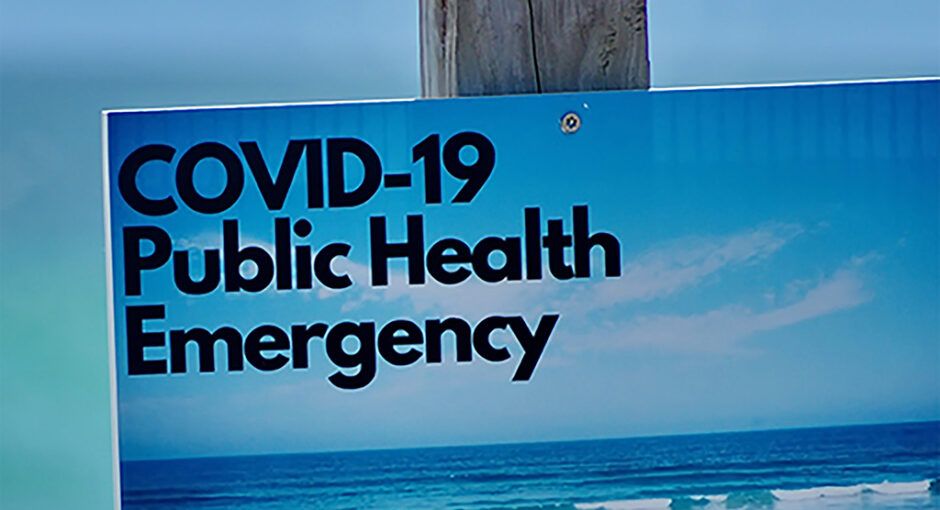U.S. Health and Human Services Secretary Xavier Becerra has extended the COVID-19 public health emergency for another 90 days, through July 15. It was due to end on Saturday, April 16.
Major hospital groups and group purchasing organizations asked Becerra in a March 28 letter to renew the PHE “to ensure our members can serve their patients and communities during the pandemic and beyond.”
Hospitals and other 340B provider groups are concerned about millions of individuals possibly losing Medicaid coverage or facing higher costs for coverage when the PHE ends. Under a COVID-19 relief bill enacted early in the pandemic, during the PHE states must provide continuous eligibility for persons who were enrolled in Medicaid as of March 18, 2020. According to the Kaiser Family Foundation, about 13% of Medicaid beneficiaries will be disenrolled when the continuous-eligibility requirement ends.
“The continuous coverage requirement has been essential in helping provide health care coverage to vulnerable populations during the economic downturn,” the hospital groups and GPOs said in their letter to Becerra.
The U.S. Health Resources and Services Administration (HRSA) has granted covered entities some 340B program requirement flexibilities due to the pandemic. They include:
- HRSA is letting some entities, upon request and review, enroll immediately in 340B.
- It is considering exemptions to 340B site registration requirements on a case-by-case basis.
- It has not relaxed 340B statutory patient definition requirements related to diversion but is granting some recordkeeping flexibilities.
- It has not relaxed 340B statutory requirements prohibiting DSH, children’s, and free-standing cancer hospitals from obtaining 340B covered outpatient drugs through a group purchasing organization (GPO). It said on the COVID-19 resources page, however, that if a hospital cannot buy a covered drug at the 340B price or wholesale acquisition cost “due to shortages, it may use a GPO (or GPO private label products). Hospitals do not need to report this information to HRSA under the COVID-19 public health emergency. The covered entity should address these situations in their policies and procedures and it must continue to keep auditable records.”
- It told drug manufacturers to contact HRSA if they wish to make private label products that are covered outpatient drugs available to covered entities at or below the 340B price.
- It is conducting some covered entity audits remotely, and in some cases has granted entities chosen for audits extra time to respond to deadlines.


